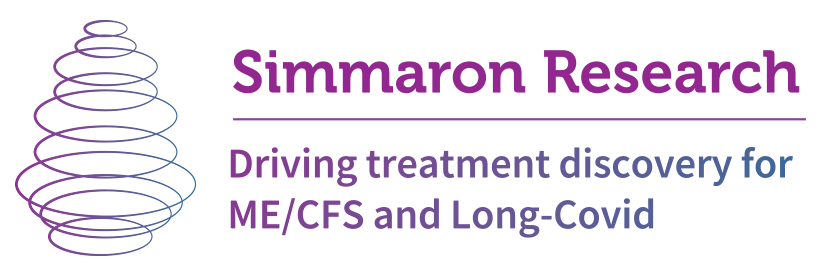Institute of Medicine Issues New Diagnostic Criteria and Disease Name
New Diagnostic Criteria
Yesterday, the Institute of Medicine released its report establishing new diagnostic criteria for ME/CFS. The new definition requires post-exertional malaise, a physical hallmark of the disease that ME/CFS experts have advocated as a core diagnostic criteria. The new criteria are less complicated than previous definitions, while requiring symptoms that are specific to the illness. Clarity in the definition and wide dissemination of the new diagnostic criteria should improve a tortured process of diagnosis for patients.The IOM report has received broad coverage in mainstream media, and both the Journal of American Medical Association and the Annals of Internal Medicine published the Chair of the Committee's editorial outlining the definition and the case for stronger response in the medical community.The San Francisco Chronicle quoted Dr. Jose Montoya saying, "The report 'has the potential to change the narrative of this disease,' Montoya said."Diagnostic Criteria:
Proposed Diagnostic Criteria for ME/CFS Diagnosis requires that the patient have the following three symptoms:
1. A substantial reduction or impairment in the ability to engage in pre-illness levels of occupational, educational, social, or personal activities, that persists for more than 6 months and is accompanied by fatigue, which is often profound, is of new or definite onset (not lifelong), is not the result of ongoing excessive exertion, and is not substantially alleviated by rest, and
2. Post-exertional malaise,* and
3. Unrefreshing sleep*
At least one of the two following manifestations is also required:
1. Cognitive impairment* or
2. Orthostatic intolerance
* Frequency and severity of symptoms should be assessed. The diagnosis of ME/CFS should be questioned if patients do not have these symptoms at least half of the time with moderate, substantial, or severe intensity.
The Committee also recommended that the diagnostic criteria be revisited in no more than 5 years to incorporate new findings in scientific research on the disease.
Recommends New Name: Systemic Exertion Intolerance Disease
Fatigue is out of the name. The IOM Committee recommended changing the name of the disease, stating the following: "The term 'chronic fatigue syndrome' can result in stigmatization and trivialization and should no longer be used as the name of this illness."Disease is in. The new name proposed by the IOM is Systemic Exertion Intolerance Disease, SEID. "This new name captures a central characteristic of this disease—the fact that exertion of any sort (physical, cognitive, or emotional)—can adversely affect patients in many organ systems and in many aspects of their lives."
Emphasizes Urgent Need for Research
From the IOM Report:
“Remarkably little research funding has been made available to study the cause of ME/CFS, mechanisms associated with the development and progression of the disease, or effective treatment, especially given the number of people affected....Finding the cause of and cure for ME/CFS may also require research on large numbers of ME/CFS patients, from which important subsets can be identified (for example, variations in symptoms, response to physical and cognitive stressors, brain imaging, the microbiome, virology, immune function, and gene expression). Studies assessing the natural history of the disease and its temporal characteristics—onset, duration, severity, recovery, and functional losses—are essential for a better understanding of ME/CFS. The committee stresses that more research is urgently needed.”
Resources
IOM Powerpoint outlining its findings and recommendations.IOM Key Facts, noting the prevalence, severity, cost of the disease to the U.S., and the specificity of Post-exertional Malaise in identifying ME/CFS patients. "There is an urgent need for more research to discover what causes ME/CFS, understand the mechanisms associated with the development and progression of the disease, and develop effective diagnostic markers and treatments."IOM Report Brief, a 2 page summary of the report.IOM Report, "Beyond Myalgic Encephalomyelitis/Chronic Fatigue Syndrome: Redefining an Illness", 304 pages.Journal of American Medical Association Opinion by Ellen Wright Clayton, Chair of the IOM Committee on ME/CFSScience MagazineNew York Times Blog, David TullerWashington PostPBS NewshourSan Francisco ChronicleCort Johnson, Health RisingSimmaron thanks the members of the IOM Committee for their work, patients and caregivers who gave input, and Simmaron's Scientific Advisor Dr. Daniel Peterson for being a reviewer of the report.
